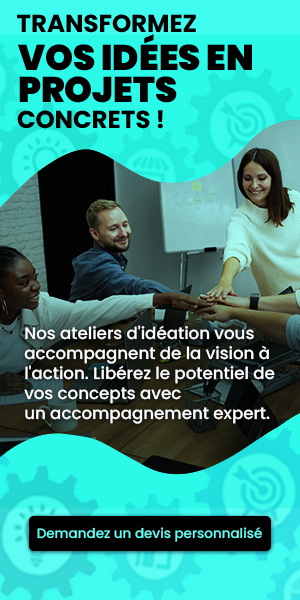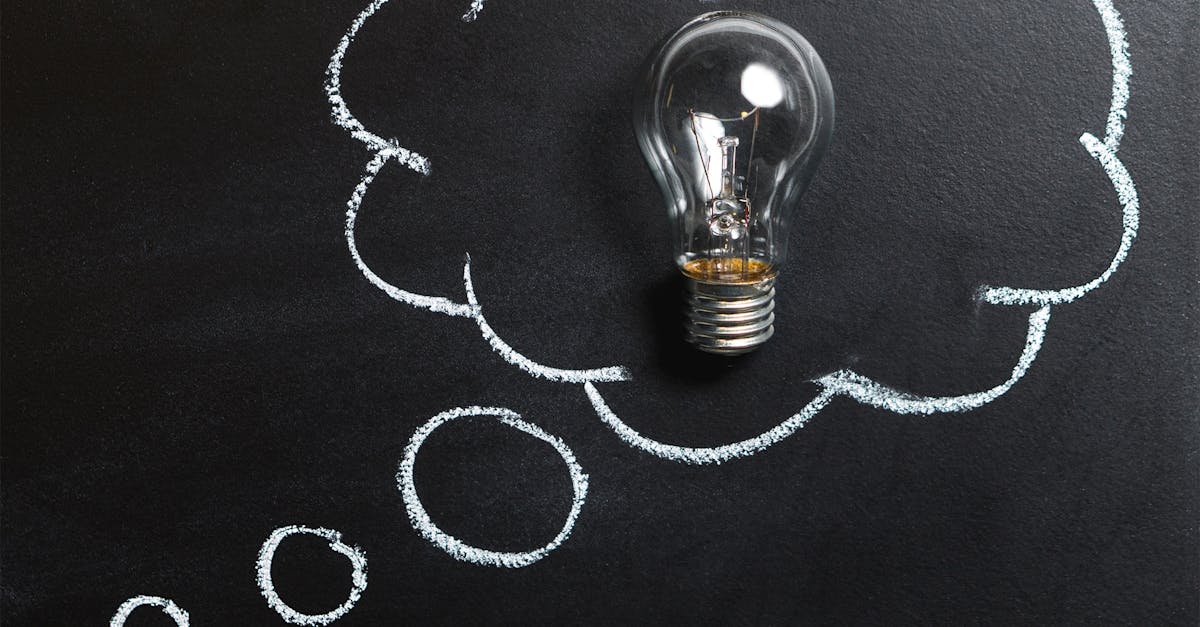In a context where innovation and creativity are more than ever engines of growth, strengthening diversity and inclusivity during the idea generation process seems like a necessity. A varied approach not only opens up new perspectives but also encourages creative and tailored solutions to contemporary challenges. By incorporating diverse voices, each member can share their unique experiences, thus shaping a richer and more relevant ideation process. This melting pot of ideas naturally contributes to creating a stimulating work environment, conducive to the emergence of breakthrough innovations.
🔥 Nous recommandons Ideamap
Ideamap est l’outil idéal pour un brainstorming ou un projet collaboratif. Grâce son interface facile et à ses fonctions IA, Ideamap booste votre créativité tout en favorisant une meilleure organisation de vos idées pour atteindre vos objectifs.

Diversity and inclusivity are essential concepts in the idea generation process, as they enrich creativity and encourage innovation. When a group of heterogeneous individuals comes together to brainstorm or develop concepts, the variety of perspectives, experiences, and approaches of each individual proves to be an invaluable asset. This fosters an atmosphere conducive to the emergence of diverse and innovative solutions.
To strengthen this diversity, it is crucial for companies to adopt recruitment methods aimed at attracting talent from different backgrounds. This includes differences in culture, gender, age, shelter, or educational background. By incorporating such human richness, teams can approach problems from multiple angles, increasing the chances of generating innovative ideas.
Moreover, inclusivity must be a fundamental principle in the idea generation process. Every team member should feel free to share their ideas without fear of being judged. To achieve this, it is vital to create an environment where every voice matters. Practices such as using non-judgmental brainstorming techniques, where all suggestions are welcomed and displayed, enhance trust within teams.
One of the powerful tools that can be used to promote diversity in idea generation is design thinking. This collaborative approach fosters a deep understanding of user needs and encourages experimentation. By incorporating diversity indicators from the ideation phase, teams can test solutions stemming from different cultures and experiences, thus optimizing the potential for innovation.
It is also important to establish awareness and training programs aimed at enhancing employees’ skills regarding diversity and inclusion. These trainings can help deconstruct biases and encourage open dialogue about the differences that exist within the team. Such initiatives not only improve collaboration but also build an inclusive climate where every member feels valued.
Furthermore, businesses must be aware of the challenges that may arise in a hybrid work environment. Adapting idea generation methods to often varied contexts – whether face-to-face confrontation or virtual interactions – ensures that all employees, whether in the office or remotely, participate actively. Virtual brainstorming sessions via collaboration platforms can make the ideation process accessible to everyone, regardless of their geographic location.
In summary, strengthening diversity and inclusivity in idea generation involves not only tailored recruitment strategies but also promoting a culture of acceptance and honesty. By valuing a wide range of perspectives and giving each individual the opportunity to contribute, companies can significantly enhance their innovation potential and create relevant and effective solutions. By integrating these practices, teams do not just generate ideas; they also cultivate a dynamic and inclusive work environment, conducive to everyone’s growth.















